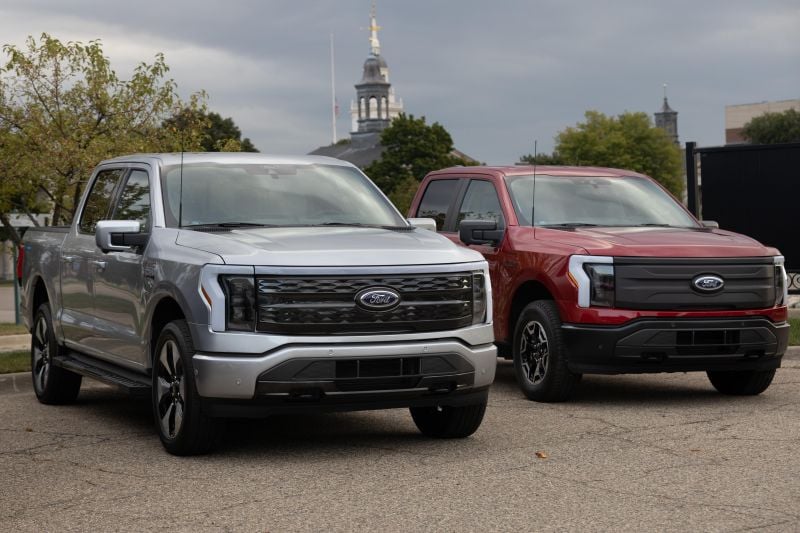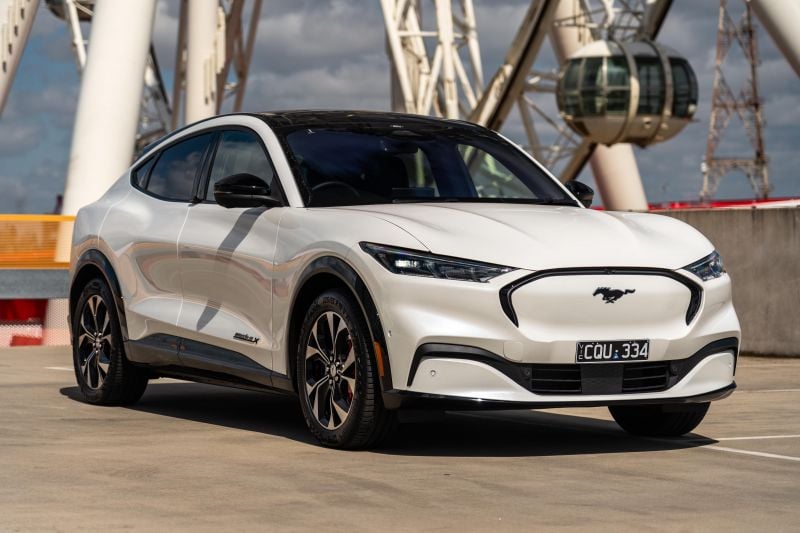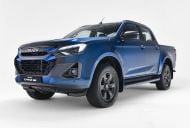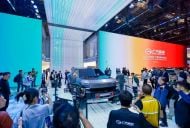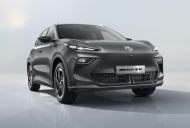US car giant Ford is reportedly looking to slow down its electric vehicle (EV) rollout, after projecting losses of more than US$5.5 billion (A$8.43bn) on battery-powered models this year alone.
As reported by Automotive News, Ford CEO Jim Farley says the brand may delay some upcoming electric models following a drop in demand across the US EV market.
It may also look to source more batteries from external suppliers.
According to Mr Farley, the industry has experienced a significant transition in the past two years, from customer demand vastly overwhelming supply amid production constraints, to the market now being oversaturated with high-priced EVs.
Ford recently cut F-150 Lightning production in the US amid declining demand. It’s set to introduce a new electric pickup and three-row SUV, with the latter previously confirmed for a 2025 launch.
Mr Farley confirmed Ford is currently developing a new EV platform to take on Tesla and upcoming Chinese rivals with more affordable models.
“All of our EV teams are ruthlessly focused on cost and efficiency in our EV products, because the ultimate competition is going to be the affordable Tesla and the Chinese OEMs,” Mr Farley said.
Ford has already delayed a planned US$12 billion (A$18.4bn) investment in a new EV factory due to cooling demand, and now it seems it is focused on meeting US customer’s demand for hybrids.
“This is a huge moment for us,” Mr Farley said, reports Automotive News.
“What we’ve seen, because we offer everything, is that pricing quickly converged to hybrids, after any benefit from subsidies … We’re betting that choice and flexible manufacturing is going to get us successfully through this transition.”
Last year, sales of hybrid Ford vehicles rose by 25 per cent on the year prior, and Mr Farley believes it will further increase by 40 per cent this year due to the popularity of the Maverick and F-150 pickups.
When a facelifted version of the current Ford F-150 was revealed for the US last year, the company made the hybrid system for its 3.5-litre twin-turbo V6 petrol engine a no-cost option, which it expects to drive a doubling in hybrid sales for the model in 2024.
Automotive News reports the strength of Ford’s traditional internal combustion engine (ICE) business is one of the reasons why it can delay its EV plans, with the financial security providing a safety net for the new technology side of the company.
MORE: Everything Ford





